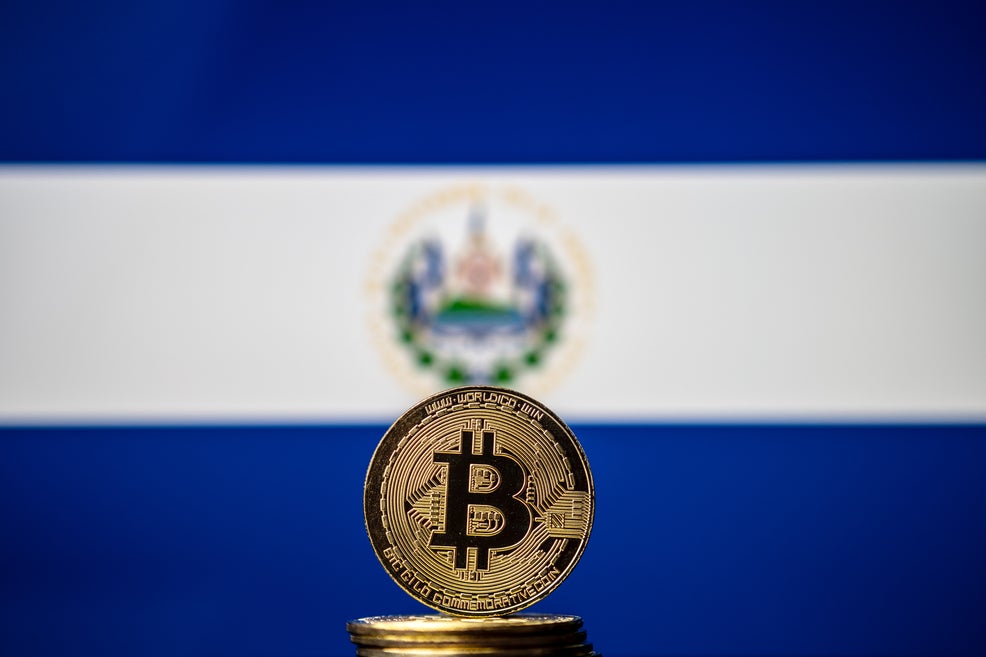Unlocking the Future: El Salvador’s Civil Servants to Receive Bitcoin Education
Description
El Salvador is set to provide Bitcoin (CRYPTO: BTC) education and certification to 80,000 public servants as part of a nationwide drive to integrate the leading cryptocurrency into its governance. Stacy Herbert, Director of El Salvador’s National Bitcoin Office, announced that a new Bitcoin module would be part of the Higher School of Innovation in Public Administration (ESIAP), an initiative established by President Nayib Bukele in 2021.
Blog Post
As the world becomes increasingly digital, it is no surprise that governments are starting to explore the potential of cryptocurrencies in their operations. El Salvador’s move to educate its civil servants about Bitcoin is a bold step towards embracing the future of finance and technology. By providing 80,000 public servants with Bitcoin education and certification, the country is laying the groundwork for a more tech-savvy and innovative public administration.
The decision to integrate Bitcoin into the curriculum of the Higher School of Innovation in Public Administration is a strategic move that reflects El Salvador’s commitment to staying ahead of the curve. As more and more transactions are conducted using cryptocurrencies, it is essential for government officials to have a solid understanding of how these digital assets work and how they can be used in a governmental context.
President Nayib Bukele’s vision for a Bitcoin-friendly El Salvador is starting to take shape, with initiatives like the ESIAP Bitcoin module paving the way for a more crypto-literate society. By equipping civil servants with the knowledge and skills needed to navigate the world of Bitcoin, El Salvador is positioning itself as a pioneer in the adoption of digital currencies.
How Will This Affect Me?
As a citizen of El Salvador, the government’s push to educate civil servants about Bitcoin could have a direct impact on your daily life. With public officials well-versed in cryptocurrency, you may start to see more widespread acceptance of Bitcoin for government services and transactions. This could lead to increased efficiency and transparency in public administration, as well as new opportunities for financial inclusion and innovation.
How Will This Affect the World?
El Salvador’s initiative to educate its civil servants about Bitcoin could have far-reaching implications for the global cryptocurrency landscape. By normalizing the use of Bitcoin in a governmental context, El Salvador is setting an example for other countries to follow suit. This could lead to increased adoption of cryptocurrencies on a global scale, as governments seek to leverage the benefits of digital assets for improved governance and economic development.
Conclusion
El Salvador’s decision to provide Bitcoin education to its civil servants marks a significant milestone in the country’s journey towards becoming a more crypto-friendly nation. By empowering public officials with the knowledge and skills needed to navigate the world of cryptocurrencies, El Salvador is positioning itself as a leader in the digital economy. As the adoption of Bitcoin continues to grow, it will be interesting to see how other countries respond to this bold move and whether they will follow in El Salvador’s footsteps.





